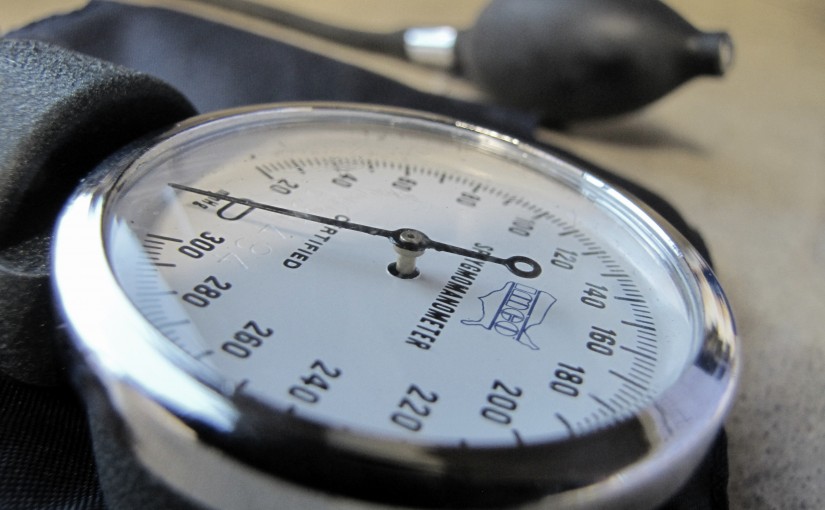Cardiovascular exercises are great ways to lose weight, stay healthy, keep your heart in great shape, and lower your blood pressure. In short, these types of exercises focus on elevating your heart rate and keeping it that way for an extended period of time. Continue reading Types of Cardiovascular Exercises
Author: admin
Top 10 Heart Healthy Foods
Your diet has a huge impact on the health of your heart, making it a major focal point to prevent heart disease. Stroke, heart attack, and other heart ailments continue to be the leading cause of death among adults in the U.S. To combat this alarming statistic, you can change your diet to be more heart-friendly. These are some foods that are good for your heart, so adding them to your diet can improve your overall health and prevent heart disease.
Yogurt is a great source of nutrient for many parts of the body, from the gums to the heart, and enjoying a parfait that includes ground flaxseed can provide even more cardiovascular benefit,
Salmon and Tuna are full of Omega-3 fatty acids and are excellent options for a meal’s main course.
Whole Grains contain antioxidants, phytoestrogens and phytosterols that help protect against coronary disease. You can find them in oatmeal, barley, some breads, and some cereals. Examine nutrition labels carefully to ensure that you’re eating whole grain items and not misleading items.
Beans, especially black or kidney beans, provide B-complex vitamins, calcium, and a host of other nutrients that benefit your heart and whole body.
Nuts such as almonds and walnuts contain Vitamin E, fiber and healthy fats. They make a healthy and tasty addition to trail mix, yogurt, and salads.
Tomatoes are rich in vitamins and lycopene, which can help prevent diseases in the body. Cooking tomatoes can actually make them more healthy, so feel free to add them to pastas and other meals.
Oatmeal can be a great source of fiber, and you can add blueberries, nuts, and other healthy items to make a nutritious breakfast option.
Blueberries provide a range of vitamins and nutrients, making them one of the most healthy fruits. Other berries, including raspberries and cranberries also provide a heart-healthy snack.
Spinach is a more healthy alternative to lettuce for salads and sandwiches, as it’s full of magnesium, calcium, and lutein.
Many vegetables, including carrots, broccoli, red bell peppers, sweet potato, asparagus, squash are all packed full of nutrients. Including these in your diet is always an excellent choice.
As these varied foods provide different beneficial nutrients, including a number of them in your diet can provide the most benefit. If you have any questions about how to tailor your diet to treat your heart better, contact your cardiologist.
4 Tips to a Healthy Heart
Heart disease remains the number one killer of both men and women in the U.S. We all know that keeping our hearts healthy is important, but how do we do it? Here are the most important ways that you can help reduce your risk of stroke, heart attack, and other life-threatening conditions.
Risks of High Blood Pressure
We’ve all heard that high blood pressure is unhealthy. You’ve probably even heard that it can kill you, but what exactly are the potential risks of high blood pressure? To understand why high blood pressure is so dangerous, we’ll need to examine its effects on the body.
High blood pressure is particularly risky because the majority of the time it carries no symptoms. Despite a low profile, it can cause serious damage to your arteries and other organs, particularly your heart. Over time, heightened blood pressure can damage the cells lining your arteries, making them thick and stiff, and blocking blood flow to organs such as the kidneys, brain, and extremities. Your heart must work harder to move blood through your body, and it may be unable to maintain a regular flow of blood, causing pains and damage to other parts of the body.
What is a Heart Stress Test?
If you’ve consulted with your doctor about a heart problem, you’ll likely be asked to complete a few tests. One of the more frequently used tools is known as a heart stress test. This method used in evaluating heart disease is also called an exercise electrocardiogram, treadmill test, or stress ECG, but regardless of what it’s been titled, you may be wondering what you’re in for.
During a stress test, doctors will gather data about how your heart performs when exerted.To increase your heart rate, you will probably be asked to walk on a treadmill, pedal on a stationary bike, or another type of simple exercise. Using a number of monitors, your physician will examine how your heart performs while stressed, checking your blood pressure, heart rate, and other information. This test can help to detect a number of potential issues if an abnormal heart rate or insufficient blood flow to the heart is found. It can also point to malfunctioning heart valves, predict the chances of a coronary disease, and evaluate the effectiveness of heart medications that you may be taking.
While there are several types of stress tests, there are four most commonly used varieties. The treadmill stress test is the simplest to apply and can detect any major issues by simply monitoring how far a patient can walk and whether any pains develop by doing so. A stress echocardiogram (commonly referred to as an “echo”) will actually depict the movement of a patient’s heart, pinpointing any lack of blood flow or other issues through a visualization of the heart’s pumping motion. An Adenosine stress test involves administering a drug to patients who cannot exercise for any number of reasons. The drug will increase the patient’s heart rate as if he or she were exercising, allowing doctors to examine the heart’s reaction under stress. A nuclear stress test uses a radioactive substance and specialized cameras to carefully pinpoint any unhealthy parts of the heart. After the substance is injected into the patient, data will be recorded both while the patient is at rest and after the heart is stimulated through exercise.
The specific conditions for a test and why it’s being conducted vary for every patient. If you’re concerned about an upcoming heart stress test, or think you may need one, consult with your primary doctor or a cardiologist.




